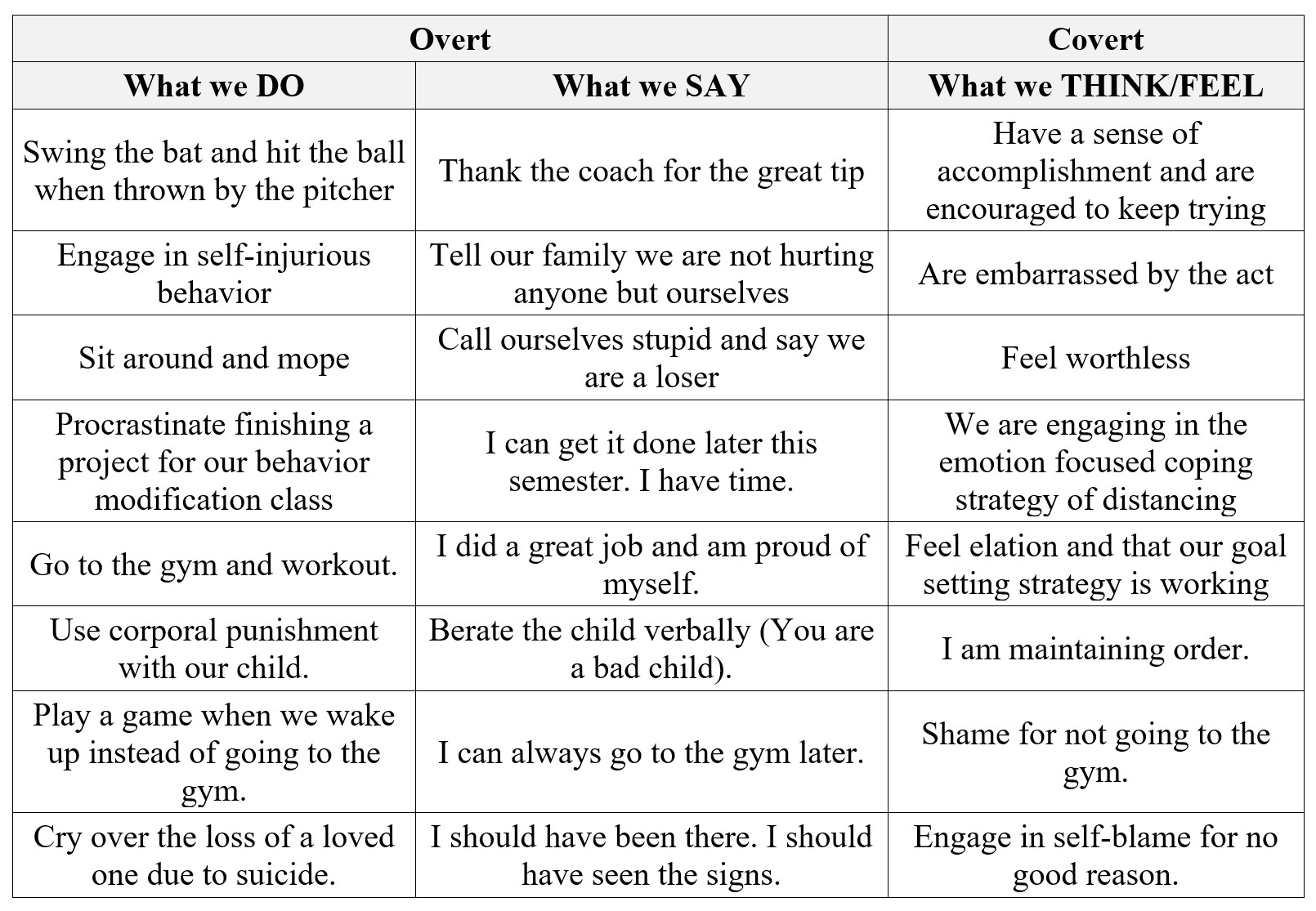Mastering Physical Behavioral Analysis and Its Meaning
Mastering Physical Behavioral Analysis and Its Meaning
Blog Article
Have you ever wondered what your posture reveal about your personality? Body analysis seeks to explain how our physical traits and gestures reflect deeper psychological patterns.
Whether you’re a beginner or already familiar with body reading, this complete guide will give you valuable insights.
Keep reading to discover how body analysis works. By the end, you’ll know how to interpret different body types.
Why Learn Behavioral Body Analysis
Character traits body analysis gives you an unspoken dimension of communication, helping in team dynamics.
Coaches apply body reading techniques to identify fears or resistance.
Ultimately, behavioral body analysis empowers you to connect authentically.

Types of Body Analysis
Some practitioners focus on movement patterns, reading how the body carries itself to uncover emotional states or stress responses.
Behavioral body analysis also includes nonverbal cues, which can reveal momentary emotions even when someone tries to hide their feelings.
While these methods differ in focus, they all share a common goal: to understand the link between body and mind.

Body Analysis in Practice
Look for patterns: does a person consistently cross their arms? Do they lean away when asked certain questions?
Therapists use posture and body language to assess emotional openness.
This skill deepens empathy because it encourages listening beyond words.
Common Myths About Body Analysis
For example, crossed arms might signal defensiveness, but could also mean someone is simply cold or tired.
People are shaped by culture, upbringing, and experiences that go beyond physical form.
Parents use body analysis to understand children’s unspoken feelings. Teachers notice students’ posture shifts to catch disengagement.
How the “Body Explains” Model Works
According to this model, muscle tension may point to unconscious defenses.
In “body explains” practice, professionals observe body segments and map them to psychological traits.
By learning how the body expresses subconscious patterns, individuals gain insight into their behavior and relationships.
Respectful Practice of Behavioral Body Analysis
Ethical practitioners use body analysis to support communication, not control or manipulate.
Another ethical guideline is to contextualize observations. A behavior or posture in one culture may mean something very different elsewhere.
Saying “I notice you tend to hold tension in your shoulders when discussing this topic” invites reflection, while “You’re clearly angry” risks invalidating the person’s experience.
How to Improve Your Body Analysis Abilities
Building body reading skills takes practice, patience, and observation. Start by watching people in different settings, noticing posture shifts.
Reading books or attending workshops on behavioral analysis provides structured knowledge and frameworks.
With consistent practice, your awareness grows, enhancing communication, relationships, and emotional intelligence.

Should You Explore Behavioral Body Analysis?
Whether you’re a parent, learning to read the body opens new dimensions of communication.
We’ve explored applications of behavioral body reading, from the body explains model.
Let the process inspire curiosity, empathy, and openness as you unlock the silent language of the human body.
FAQ About Body Analysis
What does body analysis mean?
In simple terms, it’s about reading the body to understand the person more deeply.
Do you need special skills to practice body analysis?
Yes, anyone can learn body reading with practice and guidance.
Does body analysis always reveal the truth?
No single gesture or trait offers complete truth; ethical practice involves humility and openness to complexity.
How can I use body analysis professionally?
Yes, body analysis has applications in coaching, therapy, HR, leadership, and sales.
Are body analysis and body reading the same?
Both overlap but body analysis may explore deeper character patterns linked to the body’s form.
site sobre este tema Report this page